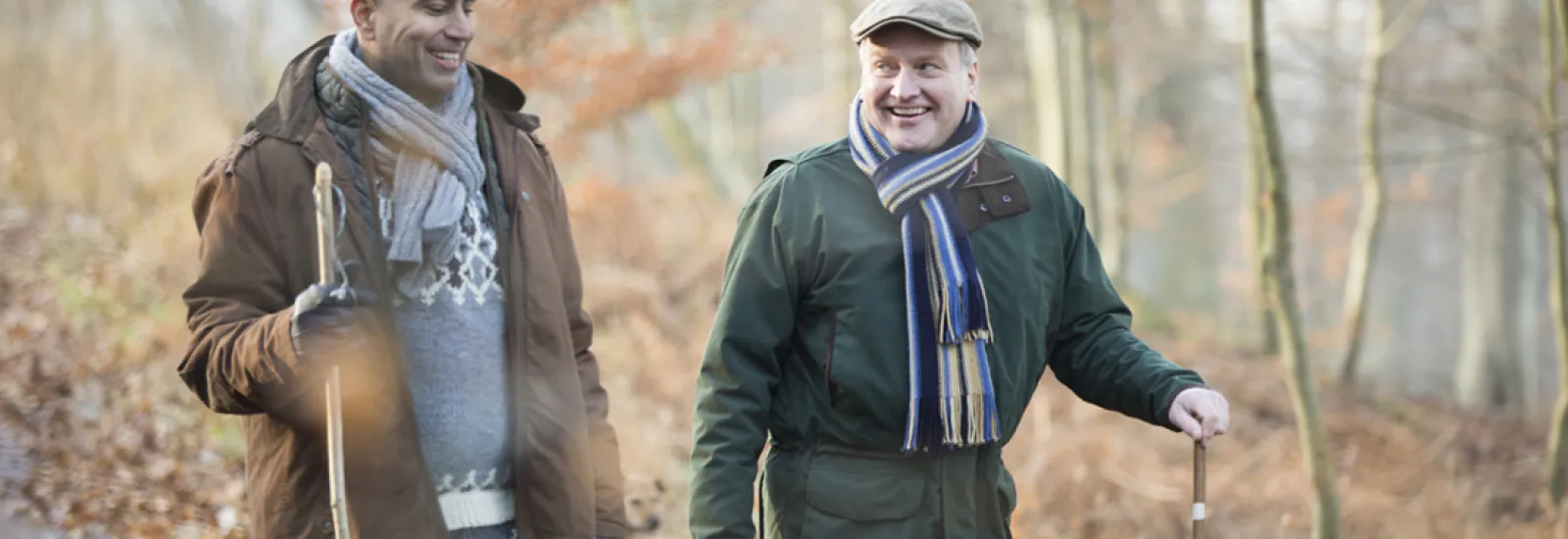
5 Ways to combat seasonal affective disorder
With winter’s arrival comes shorter, colder, darker days. Your energy level feels lower, you have trouble concentrating, and you may not want to be around friends or family.
If these feelings begin to affect work, school or personal relationships, you could be dealing with seasonal affective disorder. Aptly nicknamed “SAD,” seasonal affective disorder is a form of depression that occurs at the same time each year -- typically starting in the fall, worsening in the winter, and ending in the spring.
Every year, about five percent of the U.S. population experiences seasonal depression, and women are diagnosed four times more often than men. Although the exact cause is unknown, here are five things you can do to combat seasonal affective disorder:
1. Seek out the sunshine: The days get shorter as the weather gets colder, so take advantage of every moment the sun is shining. Not only do sun rays increase vitamin D intake, but they also improve overall mood. Get outside when you can, and keep the blinds and curtains open at work and home during the day.

2. Get moving: Regular exercise can ease the symptoms of depression, especially during gloomy winter months. Exercising releases endorphins that trigger positive feelings, so you’ll boost your emotions while improving cardiac and overall health.
3. Find your happy place: Ask yourself, “What makes me happy?” Are you an animal lover? Does diving into a good book take you to far away places? Do you enjoy an afternoon matinee with the family? Happiness is subjective. What makes one person happy may do nothing for someone else. Find your happy place and go there -- often.
4. Combat unhealthy habits: Frequently, people fall back on various unhealthy coping mechanisms to deal with SAD. Why? Because it’s easy to do so. While activities like overeating and drinking may make you feel good in the moment, they can cause anxiety and depression later. Eating a healthy diet, getting plenty of sleep, and regular exercise can go a long way toward improving emotional and physical health.
5. Talk to someone: If you’re feeling blue, there’s absolutely nothing wrong with seeking professional help. Verbal communication with someone whom you feel comfortable and trust is a great way to explore your thoughts and feelings on a deeper level.
Reid Psychiatric Services includes a team of psychiatrists, licensed social workers, certified nurses, and others dedicated to the mission of wholeness body mind and spirit. If you need assistance with seasonal depression, call (765) 983-3050.

